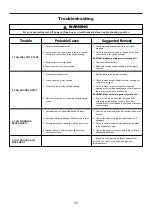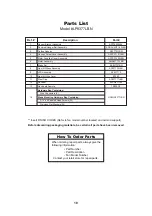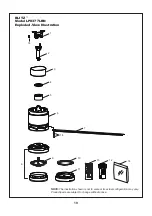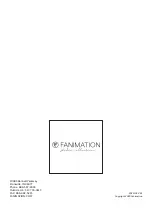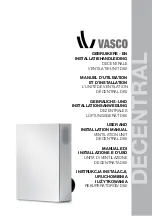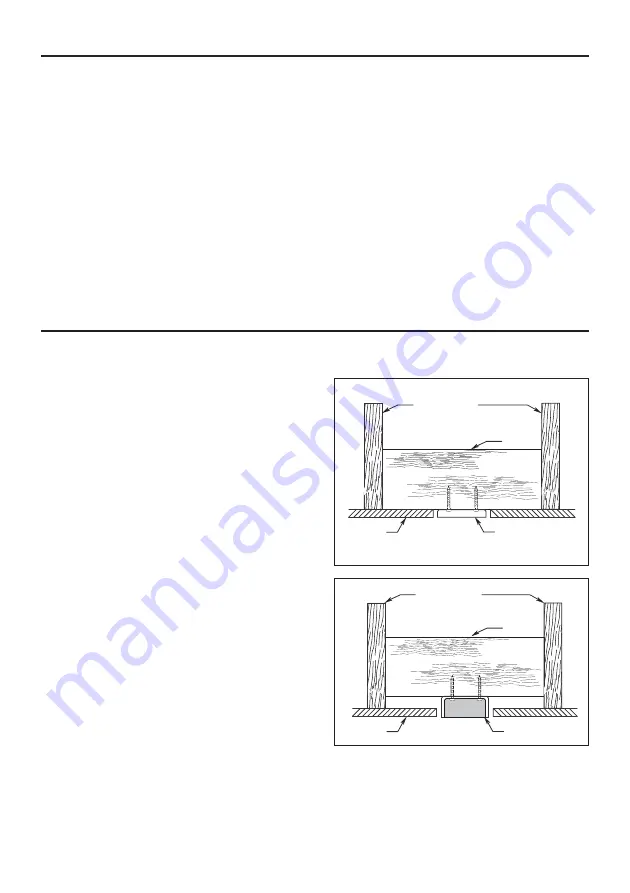
Ceiling fan performance and energy savings rely
heavily on the proper installation and use of the
ceiling fan. Here are a few tips to ensure efficient
product performance.
Using the Ceiling Fan Year Round
Summer Season:
Use the ceiling fan in the
counterclockwise direction. The airflow produced by
the ceiling fan creates a wind-chill effect, making you
“feel” cooler. Select a fan speed that provides a
comfortable breeze, lower speeds consume less
energy.
Winter Season:
Reverse the motor and operate the
ceiling fan at low speed in the clockwise direction.
This produces a gentle updraft, which forces warm air
near the ceiling down into the occupied space.
Remember to adjust your thermostat when using your
ceiling fan-additional energy and dollar savings could
be realized with this simple step!
Choosing the Appropriate Mounting Location
Ceiling fans should be installed, or mounted, in the middle
of the room and at least 7 feet from floor to the blade and
18 inches from wall to the blade. If ceiling height allows,
install the fan 8 - 9 feet from floor to the blade for optimal
airflow. Consult your Fanimation Retailer for optional
mounting accessories.
Turn Off When Not in the Room
Ceiling fans cool people, not rooms. If the room is
unoccupied, turn off the ceiling fan to save energy.
Your new ceiling fan will require a grounded electrical
supply line of 120 volts AC, 60 HZ, 15 Amp Circuit.
Electrical code requires use of a fan-rated outlet box to
support the extra weight and motion associated with a
ceiling fan. A fan-rated box will be labeled as such and
typically supports up to a 70lb ceiling fan. Fan-Rated
Outlet Boxes vary in ratings and design. Ensure the
ratings of your ceiling fan outlet box meet the
requirements for the ceiling fan being installed. Figure
1, Figure 2 and Figure 3 depicts different structural
configurations that may be used for mounting the outlet
box.
Low profile box (Figure 1)
A 1/2-in.-deep pancake box is meant to be screwed to a
joist or block. It’s used if only one cable is coming into the
box. It is also available in a saddle-mount configuration.
Deep box (Figure 2)
A 2-1/4-in.-deep box can be attached to blocking between
joists and is roomy enough to handle more than one cable.
CEILING JOIST
CEILING
OUTLET BOX
Figure 1
Figure 2
CEILING JOIST
2" x 4"
2" x 4"
CEILING
OUTLET BOX
Energy Efficient Use of Ceiling Fans
Electrical and Structural Requirements
5

















